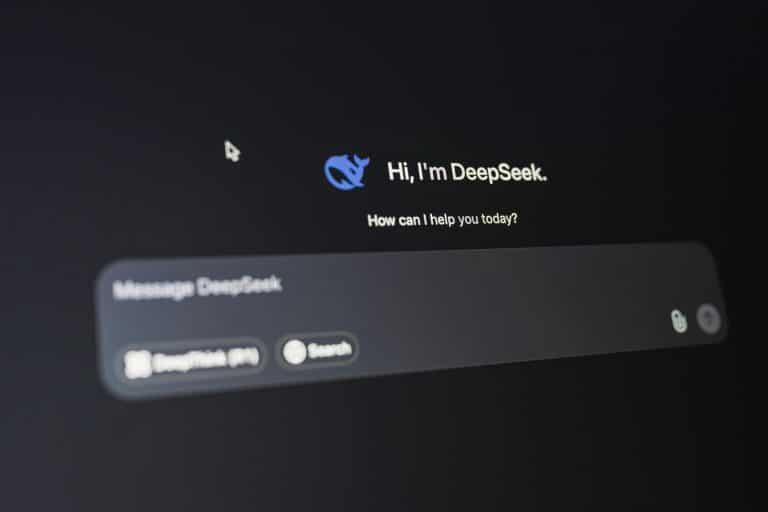These days, the world is constantly moving towards remote work and online communication. Education is no exception, and more and more people are choosing online learning. Among the wide variety of online educational programs, including short professional courses, language classes, and complete higher education, everyone can find the right fit for themselves.
This positive trend increases the accessibility of education, allows you to combine work and study, and receive a high-quality foreign education from the best universities without moving from your country. With a free VPN, educational programs can become even more accessible and your online learning experience more fulfilling.
Understanding a VPN: What is It?
Increasing internet security is the goal of a technology called virtual private network, or VPN. Your traffic is routed through the VPN server and all data is encrypted using a secure protocol when you connect to a free VPN for Windows. As a result, the IP address of the chosen server replaces your disguised IP address. It considerably increases your Internet security.
Furthermore, you may browse websites without being restricted by your location thanks to distant VPN servers situated in various countries. So let’s examine the advantages of utilizing a free VPN for Windows in online education.
Since the majority of users prefer to study online from their home computers, we are talking about a VPN for Windows. However, you can install the VPN app on your Android phone and use it on the go. This will allow you to securely connect to public Wi-Fi networks. A free VPN for IOS is also available in the official app store.
Online Learning Statistics
- Since its inception in 2000, the market for online learning has expanded by 900%, making it the fastest-growing segment in the education sector.
- 49% of students worldwide have finished at least one online course.
- Nowadays, 80% of employers provide online training and learning programs.
- Based on the Forbes data, about 1.1 million students attend online schools and universities in the United States.
- Approximately 53% of American students pursuing postsecondary degrees in 2021 enrolled in at least some online courses. Of them, almost 26% studied fully online.
All this data confirms that the trend for online education has taken root and will continue to grow. So, if you need to improve your career skills or are on the point of obtaining a full higher education, you should look into online programs. Additionally, consider learning websites for kids that allow them to develop skills in a gamified way. And with a VPN, you’ll have access to more options.
Advantages of Free VPN for Online Education
Learn safely.
As we mentioned earlier, VPN is first of all a security technology. While studying online, you will exchange documents with the educational institution, some of which will contain your personal information or your copyrighted works. Turn on the free VPN before sending an important file or connecting to the system. This way, your data will be encrypted during transmission. The transfer itself will be done through a secure channel created by the VPN protocols. All of this will help you minimize the risk of data loss and reduce your vulnerability to potential cyberattacks.
If you install a VPN on your mobile gadgets, you can safely use open Wi-Fi networks. This way, you can answer emails from your favorite coffee shop or keep access to the course while traveling. So the VPN is not only about security but also about freedom and flexibility.
Get access to more training programs.
This will be especially useful for those who need niche knowledge. If you want to study at a foreign school program, the VPN will be useful. By replacing your IP address with the address of a remote server, a VPN helps you change the perception of third parties about your location. If you are in the USA but want to study at a program in one of the Western European countries, choose a VPN server located in that country.
This way you will get an IP address that corresponds to the chosen region, and any websites that track your location will think that you are where the server is. This way you can access local programs and more learning options in general.
This ability to control third parties’ perceptions of your location is especially useful when learning new languages. By connecting to the server of the country whose language you are learning, you can browse the Internet as a local. You will be able to read news in the original language, watch shows, and listen to local bands. This is a kind of immersion in the language environment that helps you to master language skills much faster.
Get unrestricted access to the websites you need.
Geographical restrictions apply to certain websites on the internet. It means that you won’t be able to access these websites as long as your IP address shows your real location. This can cause problems if you have research assignments to do. This issue may be readily resolved using a free VPN. You must connect to the VPN and choose a server in a different nation to access a website that is restricted from viewing in your area.
In addition, the VPN ensures your anonymity, which is especially important if you are searching for sensitive topics.
Put an end to data throttling.
Most ISPs will restrict your internet speeds if your usage goes above your monthly allowance. If you download a lot of educational materials or videos, or if you attend online classes, this can be a problem. A free VPN stops ISPs from tracking your online activities and stops bandwidth throttling by encrypting all of your traffic and masking your IP address.
So, a VPN is a beneficial technology for online learning. Without spending extra money, you can access more resources, protect your privacy, and improve your internet speed.









